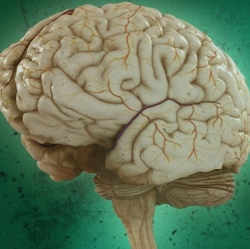
The world’s largest dementia experiment, which takes the form of a video game, has indicated the ability to navigate declines throughout life. The findings, presented at the Neuroscience 2016 conference, harnessed data from 2.4 million people who downloaded the game. Getting lost is one of the symptoms of Alzheimer’s.
And the researchers at University College London believe the results could help make a dementia test. Sea Hero Quest is a nautical adventure to save an old sailor’s lost memories. With the touch of a smartphone screen, players sail a boat round desert islands and icy oceans.
The game anonymously records the player’s sense of direction and navigational ability as they work their way through the levels. Some require them to weave through waterways and fire a flare back home, while others challenge them to memorise a sequence of buoys and then sail round them.
Data harnessed from the flare levels is the first to have been analysed, by scientists at University College London. And it suggests the sense of direction declines consistently after the teenage years.
Players aged 19 were 74% accurate at firing the flare back home, but accuracy fell year by year until it reached 46% at age 75. Dr Hugo Spiers told the BBC: "What we’re able to announce to the world is it does decline across the lifespan, the ability to shoot the flare back to the target – that sense of direction."
The data also suggests men have a slight better sense of direction than women and that the Nordic nations outperform the rest in the world, although it is not yet clear why.
